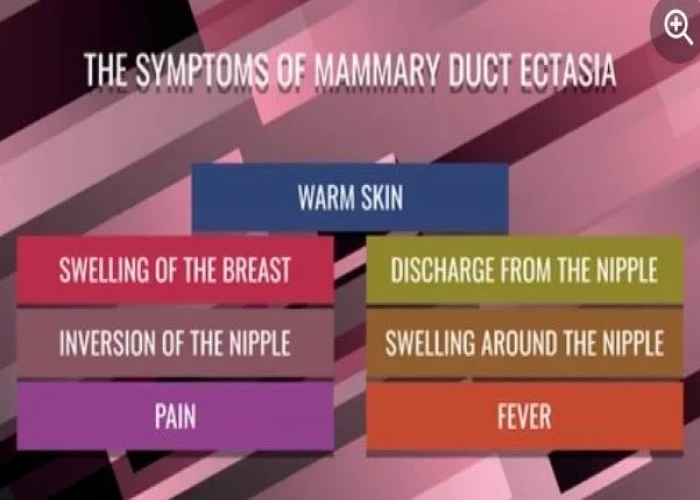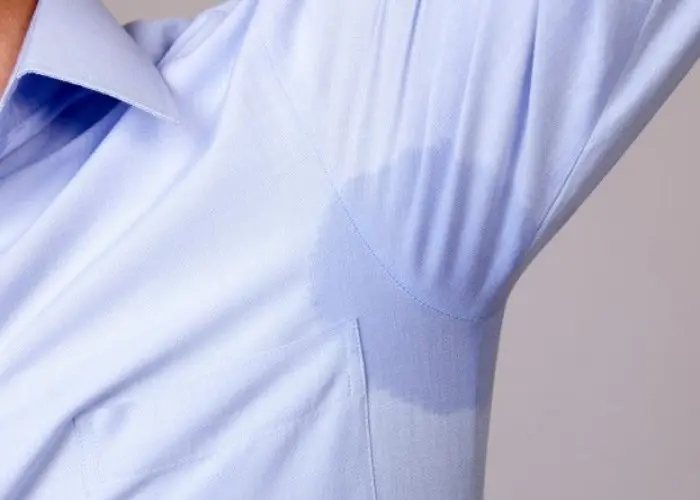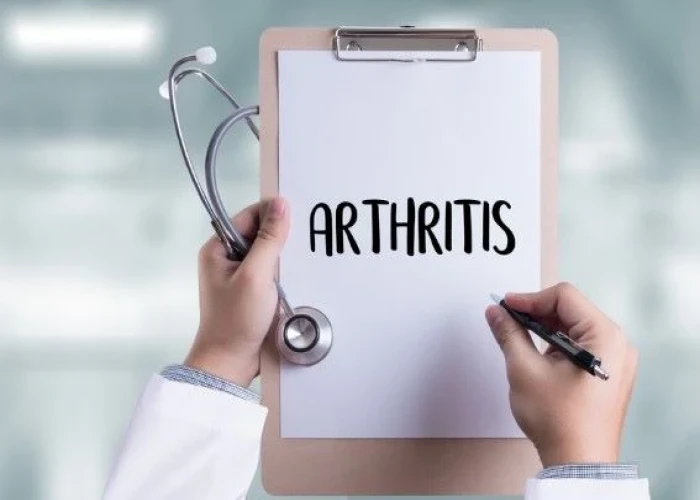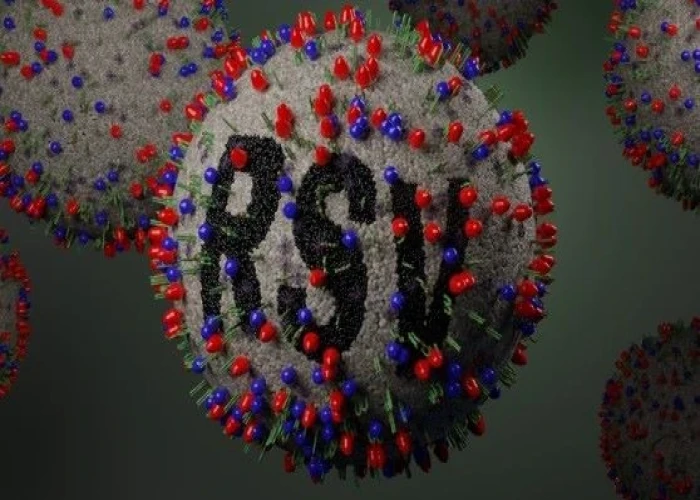 Welcome
Welcome
“May all be happy, may all be healed, may all be at peace and may no one ever suffer."
Respiratory syncytial virus (RSV)

Respiratory syncytial virus (RSV) is a highly contagious virus that can cause infections of the respiratory tract, primarily in infants, young children, and older adults. RSV can cause a wide range of symptoms, from mild cold-like symptoms to severe respiratory infections.
RSV is spread through contact with respiratory secretions, such as from coughing or sneezing, or by touching surfaces contaminated with the virus. The incubation period for RSV is typically 4 to 6 days, and symptoms can appear anywhere from 2 to 8 days after exposure.
Symptoms of RSV can include fever, coughing, wheezing, runny nose, and difficulty breathing. In infants and young children, RSV can cause more severe symptoms, such as rapid breathing, poor feeding, and lethargy. In some cases, RSV can lead to pneumonia, bronchiolitis, or other serious respiratory infections.
Treatment for RSV is usually supportive, as there is no specific cure for the virus. In mild cases, over-the-counter medications such as acetaminophen or ibuprofen can be used to reduce fever and relieve symptoms. In more severe cases, hospitalization may be necessary, and treatments such as supplemental oxygen or mechanical ventilation may be required.
Prevention of RSV involves practicing good hygiene, such as washing hands frequently and avoiding contact with sick individuals. There is also a vaccine available for certain high-risk populations, such as premature infants, children with certain medical conditions, and older adults with chronic medical conditions.
It is important to see a healthcare professional if you or your child has symptoms of RSV, particularly if there are signs of breathing difficulties, as early diagnosis and treatment can help prevent complications and improve outcomes.
Research Papers
Disease Signs and Symptoms
- Runny nose
- Rapid breathing or difficulty breathing the person may prefer to sit up rather than lie down
- Irritability
- Fatigue (Tiredness)
- Blue skin (cyanosis)
- Difficulty breathing (dyspnea)
- Rapid breathing
- Headaches
- Frequent sneezing
- Sore throat
- Fever
- Dry cough
- Struggling to breathe — chest muscles and skin pull inward with each breath
Disease Causes
Respiratory syncytial virus (RSV)
Respiratory syncytial virus enters the body through the eyes, nose or mouth. It spreads easily through the air on infected respiratory droplets. You or your child can become infected if someone with RSV coughs or sneezes near you. The virus also passes to others through direct contact, such as shaking hands.
The virus can live for hours on hard objects such as countertops, crib rails and toys. Touch your mouth, nose or eyes after touching a contaminated object and you're likely to pick up the virus.
An infected person is most contagious during the first week or so after infection. But in infants and those with weakened immunity, the virus may continue to spread even after symptoms go away, for up to four weeks.
Disease Prevents
Respiratory syncytial virus (RSV)
No vaccine exists for respiratory syncytial virus. But these lifestyle habits can help prevent the spread of this infection:
- Wash your hands frequently. Teach your children the importance of hand-washing.
- Avoid exposure. Cover your mouth and nose when you cough or sneeze. Limit your baby's contact with people who have fevers or colds.
- Keep things clean. Make sure kitchen and bathroom countertops, doorknobs, and handles are clean. Discard used tissues right away.
- Don't share drinking glasses with others. Use your own glass or disposable cups when you or someone else is sick. Label each person's cup.
- Don't smoke. Babies who are exposed to tobacco smoke have a higher risk of getting RSV and potentially more-severe symptoms. If you do smoke, never do so inside the house or car.
- Wash toys regularly. Do this especially when your child or a playmate is sick.
Protective medication
The medication palivizumab (Synagis), given in the form of a shot (injection), can help protect certain infants and children 2 years old and younger who are at high risk of serious complications from RSV. High-risk children in this age group include those who:
- Were born prematurely
- Have chronic lung disease
- Have certain heart defects
- Have a weakened immune system
The first injection is given at the start of the RSV season, with monthly injections given during the season. This medication only helps prevent RSV infection. It does not help treat it once symptoms develop.
Talk with your child's doctor to find out if your child would benefit from this medication and to learn more about it. This medication is not recommended for healthy children or for adults.
Scientists continue working to develop a vaccine to protect against RSV.
Disease Treatments
Treatment for respiratory syncytial virus generally involves self-care measures to make your child more comfortable (supportive care). But hospital care may be needed if severe symptoms occur.
Supportive care
Your doctor may recommend an over-the-counter medication such as acetaminophen (Tylenol, others) to reduce fever. (Never give aspirin to a child.) Use of nasal saline drops and suctioning may help clear a stuffy nose. Your doctor may prescribe antibiotics if there's a bacterial complication, such as bacterial pneumonia.
Keep your child as comfortable as possible. Offer plenty of fluids and watch for signs of loss of body fluids (dehydration), such as dry mouth, little to no urine output, sunken eyes, and extreme fussiness or sleepiness.
Hospital care
If the RSV infection is severe, a hospital stay may be necessary. Treatments at the hospital may include:
- Intravenous (IV) fluids
- Humidified oxygen
- A breathing machine (mechanical ventilation), in rare cases
An inhaler (bronchodilator) or steroids are not proved to be helpful in treating RSV infection.
Disease Diagnoses
Disease Allopathic Generics
Disease Ayurvedic Generics
Disease Homeopathic Generics
Disease yoga
Respiratory syncytial virus (RSV) and Learn More about Diseases

Retractile testicle

Dwarfism

Mammary duct ectasia

Zollinger-Ellison syndrome

Hyperhidrosis

Dilatation of Stomach

Juvenile idiopathic arthritis

Listeria infection
Respiratory syncytial virus, rsv, রেসপিরেটরি সিনসাইটিয়াল ভাইরাস, আরএসভি
To be happy, beautiful, healthy, wealthy, hale and long-lived stay with DM3S.
